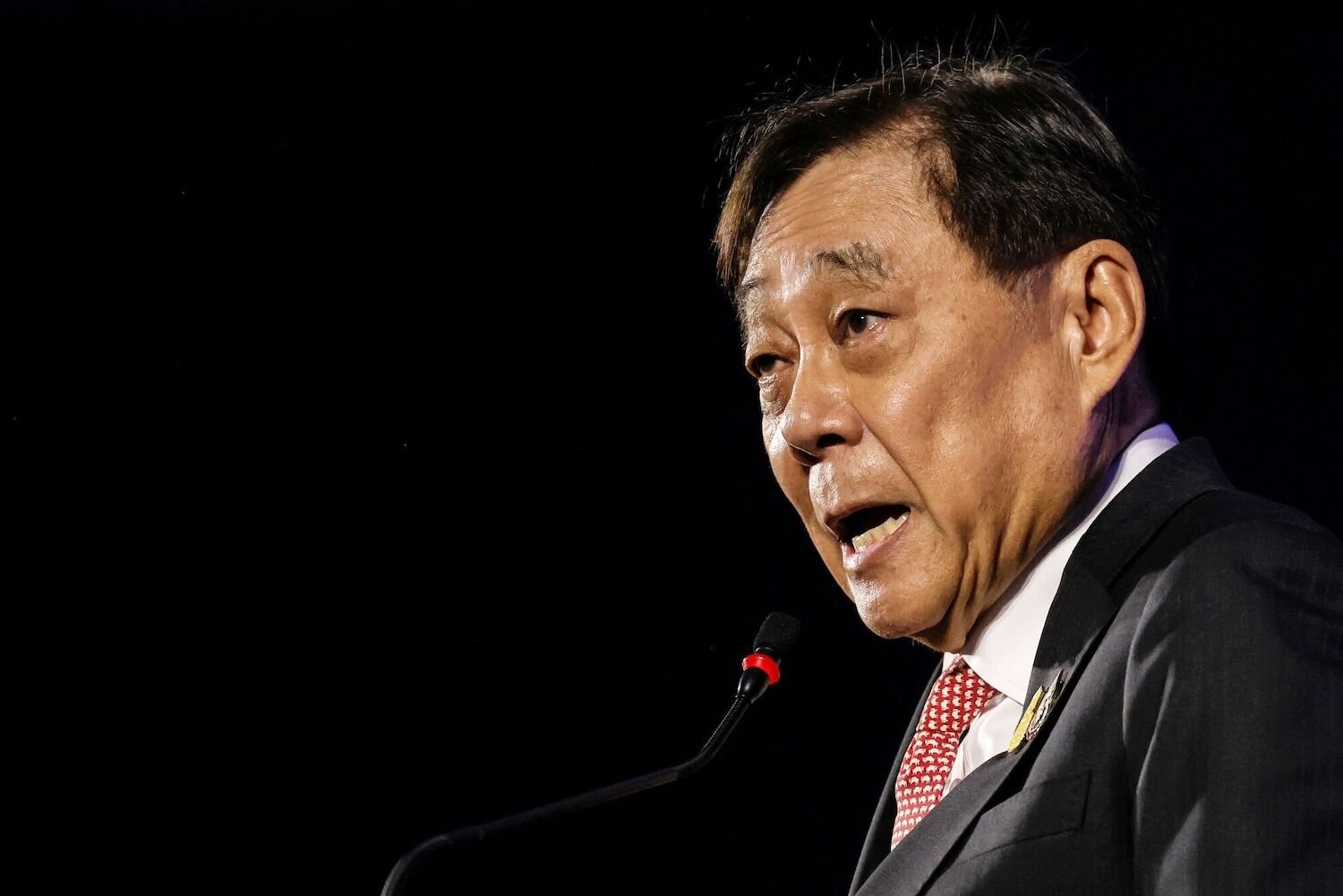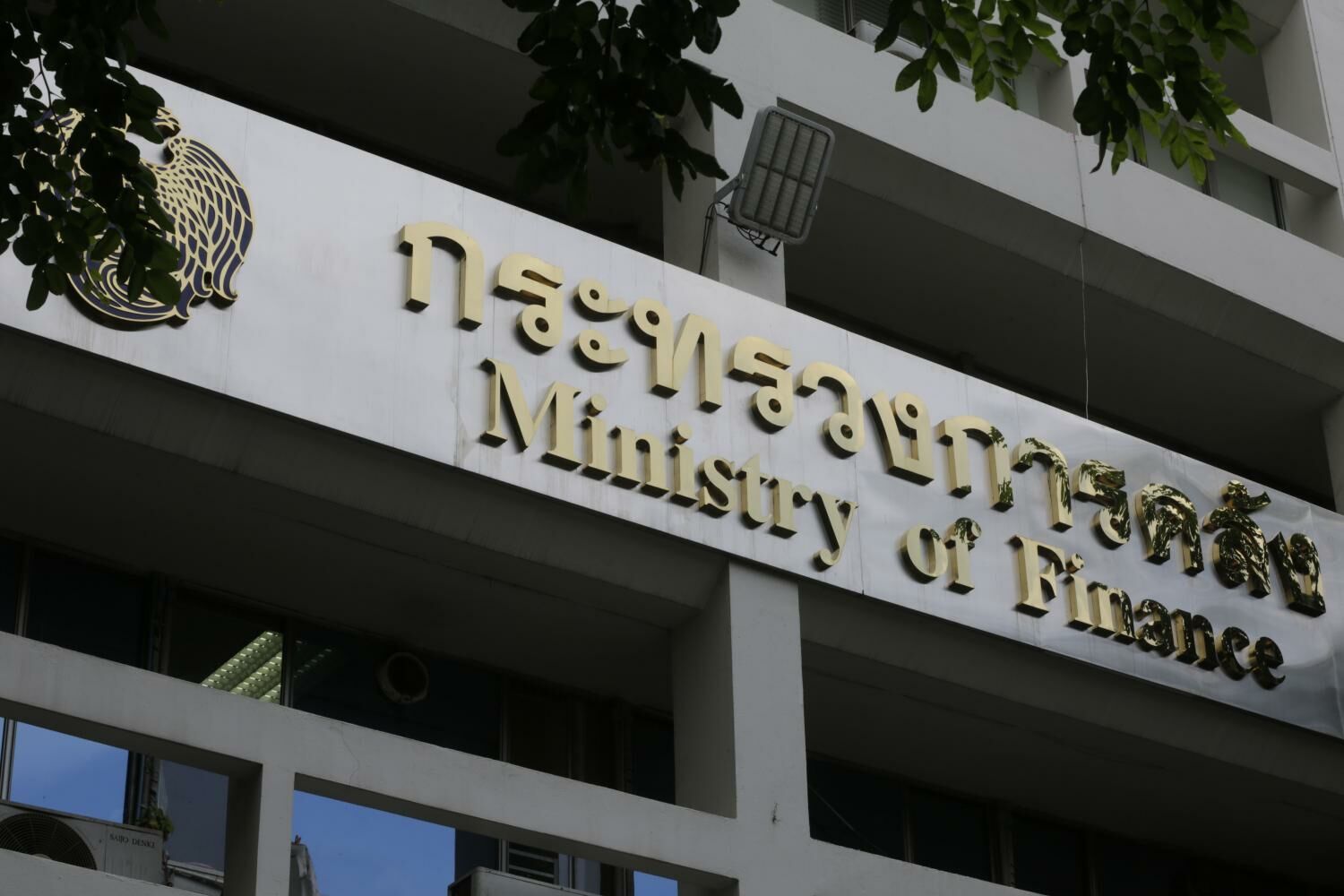Thailand unveils tax reform: Corporate tax cut, VAT hike rejected

Finance Minister Pichai Chunhavajira unveiled a bold tax reform plan to supercharge state revenue, drive national development, and level the economic playing field in Thailand. The announcement was made at the Sustainability Forum 2025, an event championing sustainable economic growth.
Central to the plan is slashing the corporate income tax rate to 15%, aligning with OECD guidelines to keep Thailand competitive on the global stage. Currently, Thai corporations face a 20% tax rate. There’s also talk of decreasing the maximum personal income tax rate from 35% to lure talented individuals to Thailand’s shores.
However, a proposed hike in the value-added tax (VAT) from 7% up to 15% has ignited public outcry. Critics fear this could hit low-income households hardest, driving up the cost of living, said economist Athiphat Muthitacharoen from Chulalongkorn University.
“Discussing tax reform is a complex issue that affects a broad spectrum of people. Simply proposing an increase in VAT alone is insufficient; we need to take into account the entire tax system.”
Amidst the backlash, Prime Minister Paetongtarn Shinawatra quickly distanced the government from the VAT increase, suggesting the contentious proposal may be sidelined.
Athiphat also highlighted fiscal challenges looming over the government. With the ratio of interest expenses to the government’s net revenue at 8%, it’s anticipated to surpass 14% in a few years due to hefty borrowing and dwindling tax revenue.

A spike to 12% within two years could endanger Thailand’s credit rating, as nations with a ratio below 10% generally risk a downgrade.
To tackle these hurdles, Athiphat advocates for a comprehensive rethink of the tax regime, one that’s equitable and focuses on judicious tax revenue usage, implemented gradually.
He stresses the necessity for fairness in tax policy, noting that while salaried workers shoulder 80% of personal income tax, only 10% of the workforce actually pays it.
“If VAT is increased, we must find ways to make it equitable. This means revisiting the entire tax base, including whether exemptions and deductions are still fair.”
Sanan Angubolkul, chair of the Thai Chamber of Commerce, calls for improved tax collection and wider public participation in the tax system to foster growth and attract investment.
He backs the cut in corporate tax to 15%, which could relieve company tax burdens, boost employment, and trim production costs.
Board of Investment
Still, doubts about the tax overhaul’s efficacy persist. Tanit Sorat, vice-chair of the Employers’ Confederation of Thai Trade and Industry, questions the need to cut corporate taxes, given the existing incentives from the Board of Investment (BoI). He warns a VAT rise could ramp up production costs and provoke public backlash.
“The proposal appears to be a test of public sentiment, akin to the Thai idiom of throwing a stone to gauge directions or feedback. But in this case, the stone seems to have hit a wall and bounced back to the thrower.”
Natee Sithiprassasana, head of Surat Thani Green Energy, sees the corporate tax cut as a boon for struggling SMEs up against low-cost imports. Yet, he frets over the potential blow of a VAT increase on smaller firms, especially restaurants, reported Bangkok Post.
The tax reform plan is stirring a heated discussion about its potential ramifications and the pressing need for a fair and balanced approach that appreciates the broader economic terrain and ensures equitable tax for all.
What Other Media Are Saying
- Thai Examiner highlights the backlash against Thailand’s proposed 15% VAT increase, emphasising potential harm to low-income families and tourism, while experts advocate for gradual reforms to stimulate growth and equity. (read more)
- Thai Enquirer highlights the debate surrounding Thailand’s tax reform proposal, emphasising the potential benefits of a 15-15-15 tax structure while addressing public backlash and the need for increased tax revenue. (read more)
- VAT Update reports Prime Minister Paetongtarn Shinawatra’s cancellation of a VAT increase following public backlash, while the Finance Ministry explores alternative tax reforms to tackle social inequality. (read more)
Frequently Asked Questions
Here are some common questions asked about this news.
Why might reducing corporate income tax enhance Thailand’s global competitiveness?
Lowering corporate taxes could attract foreign investment, reduce business costs, and align with international standards, boosting Thailand’s appeal as a business hub.
How could a VAT increase disproportionately affect low-income households in Thailand?
A higher VAT raises living costs, impacting low-income families more as they spend a larger income portion on VAT-eligible goods and services.
What if Thailand doesn’t address the rising interest expense ratio?
Ignoring the rising expense ratio could lead to a credit rating downgrade, making borrowing more costly and affecting economic stability.
How can Thailand ensure fairness in its tax reform amid proposed VAT changes?
Thailand could revisit tax exemptions and deductions, ensuring they remain equitable and alleviate undue burdens on low-income citizens.
Why should enhanced tax collection be a priority for Thailand’s economic growth?
Improving tax collection can increase state revenue, support public services, and attract foreign investment by demonstrating fiscal responsibility.
Latest Thailand News
Follow The Thaiger on Google News:


























